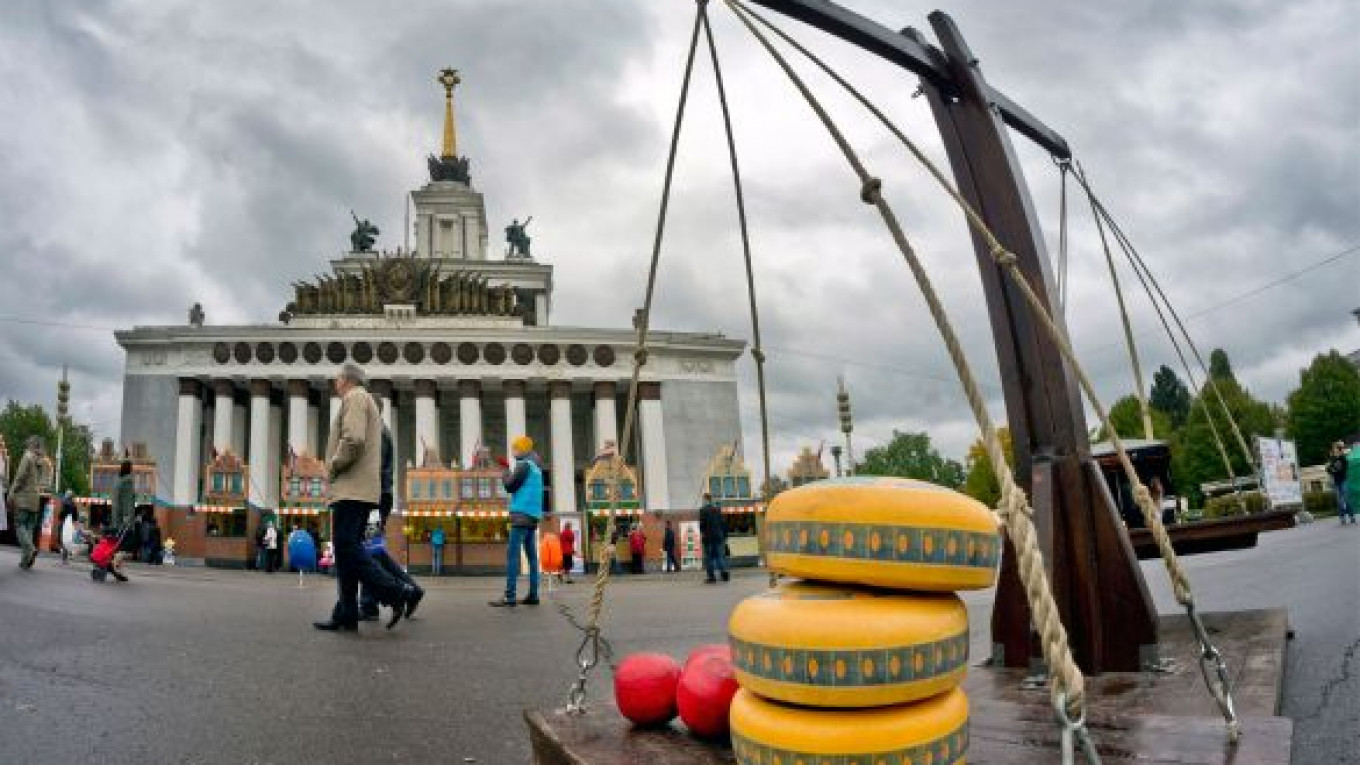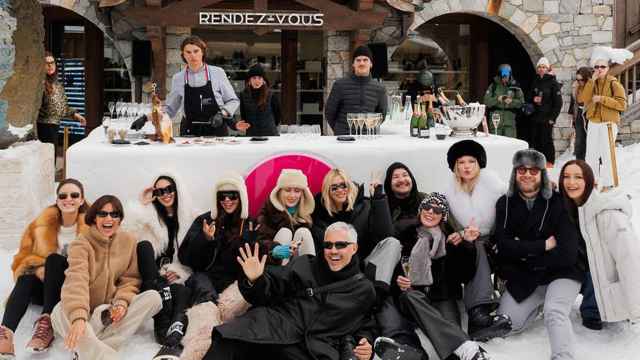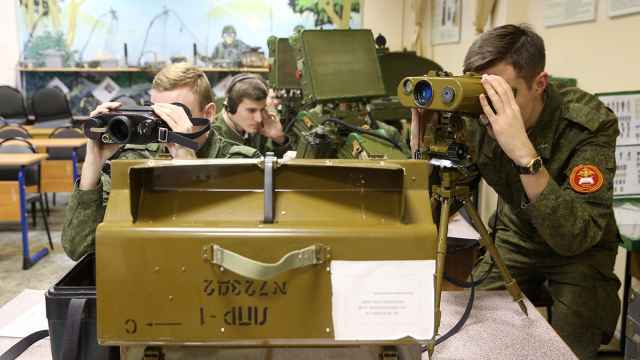Russian authorities said Wednesday that they were tightening checks on dairy imports from the Netherlands and could also ban Dutch tulip supplies amid increasingly strained relations between the two nations.
Sergei Dankvert, chief of the food safety watchdog Rosselkhoznadzor, said preliminary inspections have revealed shortcomings in checks on dairy goods by the Dutch authorities.
"The veterinary services of that country [the Netherlands] are signing off on documents without looking at the products," Dankvert said.
Meanwhile, Alexei Alekseyenko, the watchdog's spokesman, said Wednesday that Russia could also ban tulip imports from the Netherlands because it was unhappy with their quality, RBC reported.
Ties between Russia and the Netherlands have been severely tested by the arrest this weekend in The Hague of a Russian diplomat that has drawn angry demands for apologies from Moscow. Russia's Foreign Ministry said the incident marked a crude violation of diplomatic immunity.
Last week, the Dutch government said it had initiated legal proceedings against Russia at the United Nations over what it said was the illegal seizure by the Russian authorities of a Dutch-registered icebreaker belonging to environmental campaign group Greenpeace. The detention of Greenpeace activists on charges of piracy has drawn much international criticism.
Dutch dairy producers are not alone in feeling the wrath of Moscow recently.
Russia's consumer safety watchdog said Monday it was ordering a ban on Lithuanian dairy products over doubts about their safety. Lithuania's President Dalia Grybauskaite told the UN last month that Russian action against Vilnius' exports were an attempt to put political pressure on the country.
Material from the Moscow Times was included in this report.
A Message from The Moscow Times:
Dear readers,
We are facing unprecedented challenges. Russia's Prosecutor General's Office has designated The Moscow Times as an "undesirable" organization, criminalizing our work and putting our staff at risk of prosecution. This follows our earlier unjust labeling as a "foreign agent."
These actions are direct attempts to silence independent journalism in Russia. The authorities claim our work "discredits the decisions of the Russian leadership." We see things differently: we strive to provide accurate, unbiased reporting on Russia.
We, the journalists of The Moscow Times, refuse to be silenced. But to continue our work, we need your help.
Your support, no matter how small, makes a world of difference. If you can, please support us monthly starting from just $2. It's quick to set up, and every contribution makes a significant impact.
By supporting The Moscow Times, you're defending open, independent journalism in the face of repression. Thank you for standing with us.
Remind me later.






